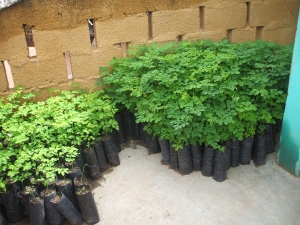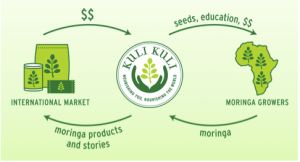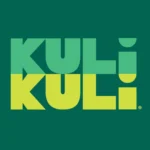Often, trade between the global north and the global south evokes images of inequality and exploitation. Of course, not every international exchange is prompted by malintent, but it is imperative to take into account the costs and benefits for all parties– something that is often overlooked and places powerful countries in a dominant position during transactions.
What is “Sustainability”?
First, it is necessary to question what makes an international exchange of goods, like moringa, sustainable. To do this, the word “sustainable” must be taken into consideration. “Sustainable” is projected colloquially and professionally as a guarantee or promise of sorts. If you walk into a Whole Foods, you’ll be sure to see coffee beans or tomatoes that claim to be “sustainably sourced.” The use of “sustainable” in marketing has clouded what it actually represents and what it means. It is important to question who and what the material in question is sustaining. Too often, we fall into the trap of blindly accepting what is told to us. We think that because something is presented as “sustainable” it must be better than other products, better for the world, and better for us.
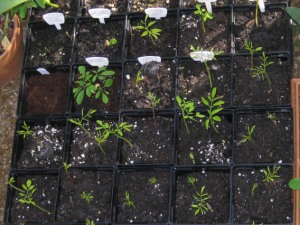
“Sustainability” and Moringa
Moringa oleifera is a tree that mainly grows in the arid landscapes of the global South. So how can we ensure that farmers who grow the plant, aren’t exploited by an increase in demand if moringa becomes the next widespread “superfood?
First, moringa is a plant that can grow to full maturity in a short amount of time with little to no water.
“M. oleifera is characterized as a drought resistant species and can tolerate a wide range of soil and rainfall conditions (4). It can grow well in the humid tropics or hot dry lands, can survive destitute soils, and is little affected by drought and is abundantly available throughout the year (12). M.oleifera flourishes well in humid and hot, semi-arid regions and wet conditions with annual rainfall between 250–3000 mm and temperature ranges from 26 to 40°C (12,20,34). It grows even during the 6 months of the dry season as it adapts under water stress (25). It is well adaptable to a variety of soil conditions, with well-drained sandy or loamy soils and a pH of 5.0–9.0 as the optimum (21,35)” (1).
In Niger, among other countries, moringa has become a mainstay crop and is helping to fight hunger amid drought and food crises. To learn more, check out these visuals from the BBC.
Adaptation to Climate Change
As climate change transforms landscapes and crop patterns, and we are forced to think differently about the food that we grow, it is more important than ever that we identify foods that are not only safe and reliable in nutrient density, but also hardy and adaptable.
Socially, there is the question of creating sustainable relationships between Western markets and sources of moringa. A vital step in forging sound social relationships is through creating a level playing field between the Western consumer and the global South farmer. Moving away from handouts, Kuli Kuli’s main focus is on partnerships- working with farmers to grow their own food and improve their own livelihoods rather than shipping in food or blindly giving money to communities. Partnerships allow for long-lasting change that is not wholly reliant on outside forces.
Although we are a company of Westerners seeking to help in other parts of the world, we work through an African-run-and-managed supply chain that empowers locals. Kuli Kuli does not replace able-bodied local workers with outsourced labor, but rather, gives these cooperatives access to the largest consumer market in the world.
Finally, in creating sustainable practices, Kuli Kuli’s mission is not only to create food products, but to raise awareness of the power of moringa in the hopes of spreading it around the world and driving the market to increase incomes among those who grow it.
Back to “Sustainability”
It is important to be aware of the implications that come with labeling something as sustainable. Here at Kuli Kuli, we strive to truly live out the weighted meaning of “sustainably sourced” that is associated with products at the local grocery store. Kuli Kuli seeks to create a sustainable product for the U.S. market, sustain improved livelihoods in source countries, and help to provide a sustainable solution to hunger and malnutrition around the world.
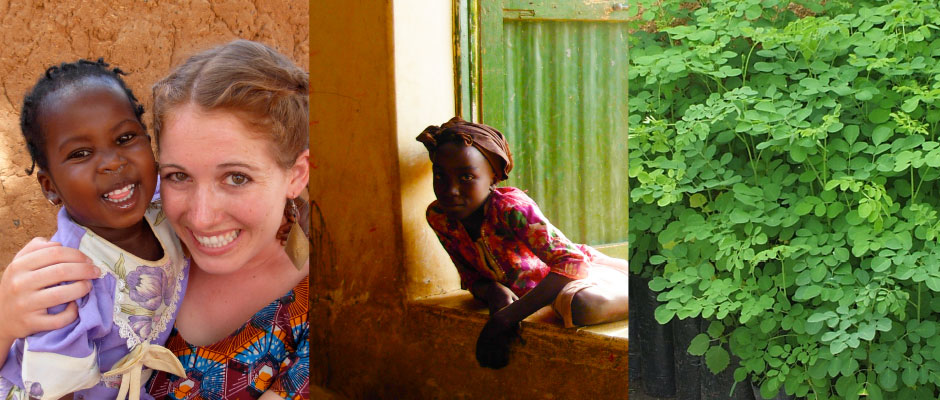
1. Juliani, H. Rodolfo. “Moringa (Moringa Oleifera): A Source of Food and Nutrition, Medicine and Industrial Products.” African Natural Plant Products;: Discoveries and Challenges in Chemistry, Health, and Nutrition. Washington: Amer Chemical Society, 2014. N. pag. Print.

